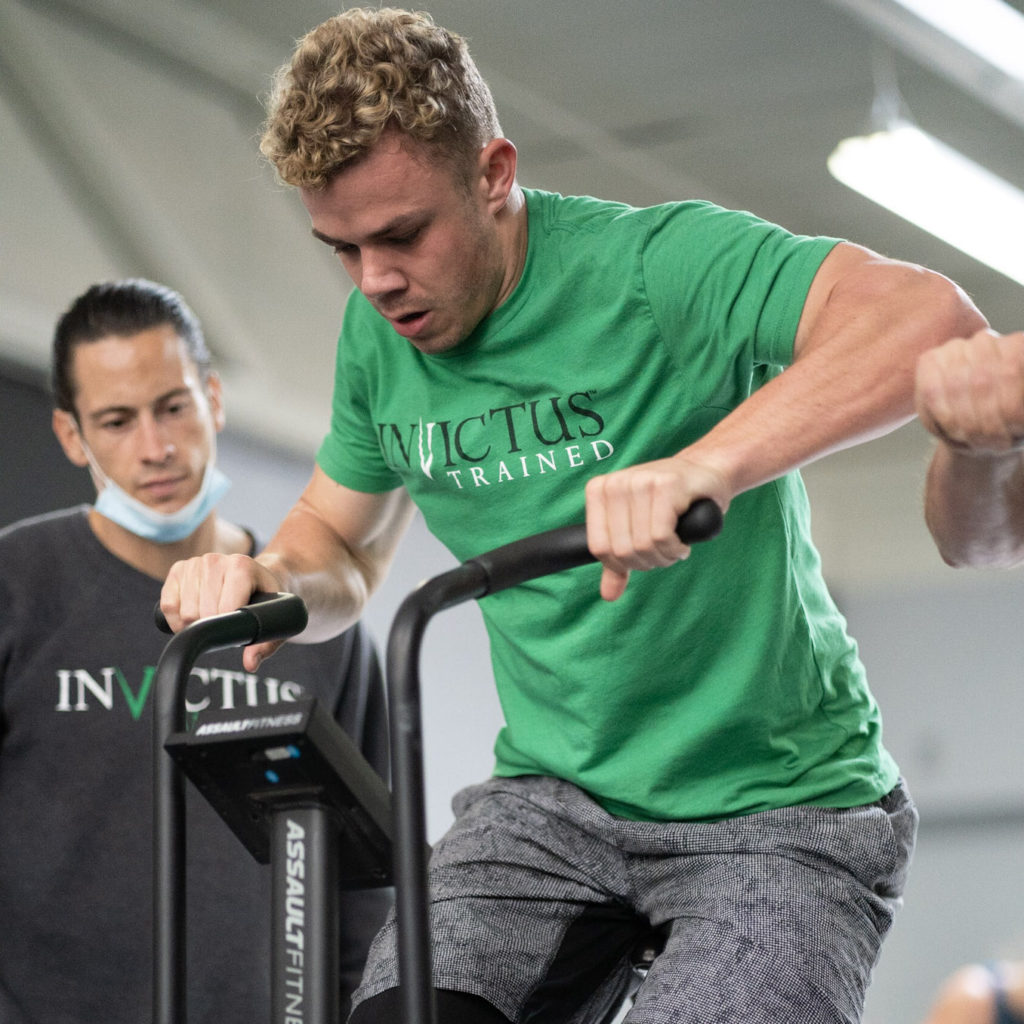
Vitamin C & Fat Loss
Written by Fritz Nugent
How many of you wish that you had less body fat? Ok, a ton of hands just went up. How many of you consume enough vitamin C? Ahh, the hands went down. Maybe a few of you weirdos in the front row eat enough vegetables to feel confident in your answer. Is there a connection between vitamin C and body fat? You bet there is.
Vitamin C for Fat Loss Study
Researchers from London studied young adults, vitamin C, and fat burning. They found that “plasma vitamin C concentrations were inversely related to protein energy expenditure…and directly related to fat energy expenditure…” This suggests that when vitamin C concentrations are high, fat is utilized more readily for energy production. In addition, the amount of energy provided from protein decreases, which means you maintain your muscle mass instead of degrading proteins to supply the body with energy. This means that having higher levels of vitamin C will help to maintain muscle mass while decreasing body fat. In addition, individuals with the lowest vitamin C levels also burned 25% less body fat compared to those with higher levels.
Eating your fruits and vegetables provides vitamin C, enabling you to burn more fat while maintaining your muscle mass. Your mom was right – fruits and vegetables are good for you. Call her now and thank her. I’ll wait. Ok, well done, you’re a good kid. Now, back to reading.
Hypothesis About Our Ancestors
Skip this part if you don’t like thinking and you only care about fat loss.
So this part was not in the study. This is my own hypothesis. Ponder this little morsel. 100,000+ years ago, we would have obtained Vitamin C in the spring, summer, and fall from fruits and vegetables. We would have also been very active during this time hunting and gathering. We would benefit from lower body fat at this time. The temperature is warmer, so not as much fatty insulation is needed. In addition, more muscle mass is required to power our bodies in a way that is advantageous to hunting, gathering, and generally staying active. In addition, there is an element of sexual selection here as the muscular and dominant males mix their genetics more readily with muscular and healthy females (or something like that).
Fast forward to winter. Vitamin C is scarce. This scarcity becomes a signal (not the only one, but an important signal) to tell the body to start utilizing muscle mass and sparing fat mass. Maintaining muscle mass requires more calories to maintain, so shedding muscle mass now is strategic for what’s to come. Muscle is not required to sit in a cave. In addition, body fat is increased to provide a layer of insulation and an efficient fuel source to last the winter.
Once springtime comes around again and vitamin C becomes available, this signals the body to start dropping body fat and spare muscle to prepare for the active months of plenty ahead.
Foods High in Vitamin C
For the vegetables which contain high amounts of vitamin C, look at the green leafy ones like kale, brussels sprouts, and chard. Cruciferous vegetables like broccoli and cauliflower are also worth your time to cook and eat. For fruits, choose kiwis, lemons, papaya, strawberries, and oranges. This is not an exhaustive list.
I highly recommend obtaining your vitamins and minerals from whole foods over supplementing. In addition to the vitamin C, you’ll get a broad spectrum of other beneficial vitamins and minerals. Oh, and fiber too. Never forget your fiber. Hit me up in the Invictus Nutrition Program if you’d like personalized nutrition coaching!
Reference
Johnston, C.S., Corte, C. & Swan, P.D. Marginal vitamin C status is associated with reduced fat oxidation during submaximal exercise in young adults. Nutr Metab (Lond) 3, 35 (2006). https://doi.org/10.1186/1743-7075-3-35. Direct Link: Vitamin C and Fat Loss
